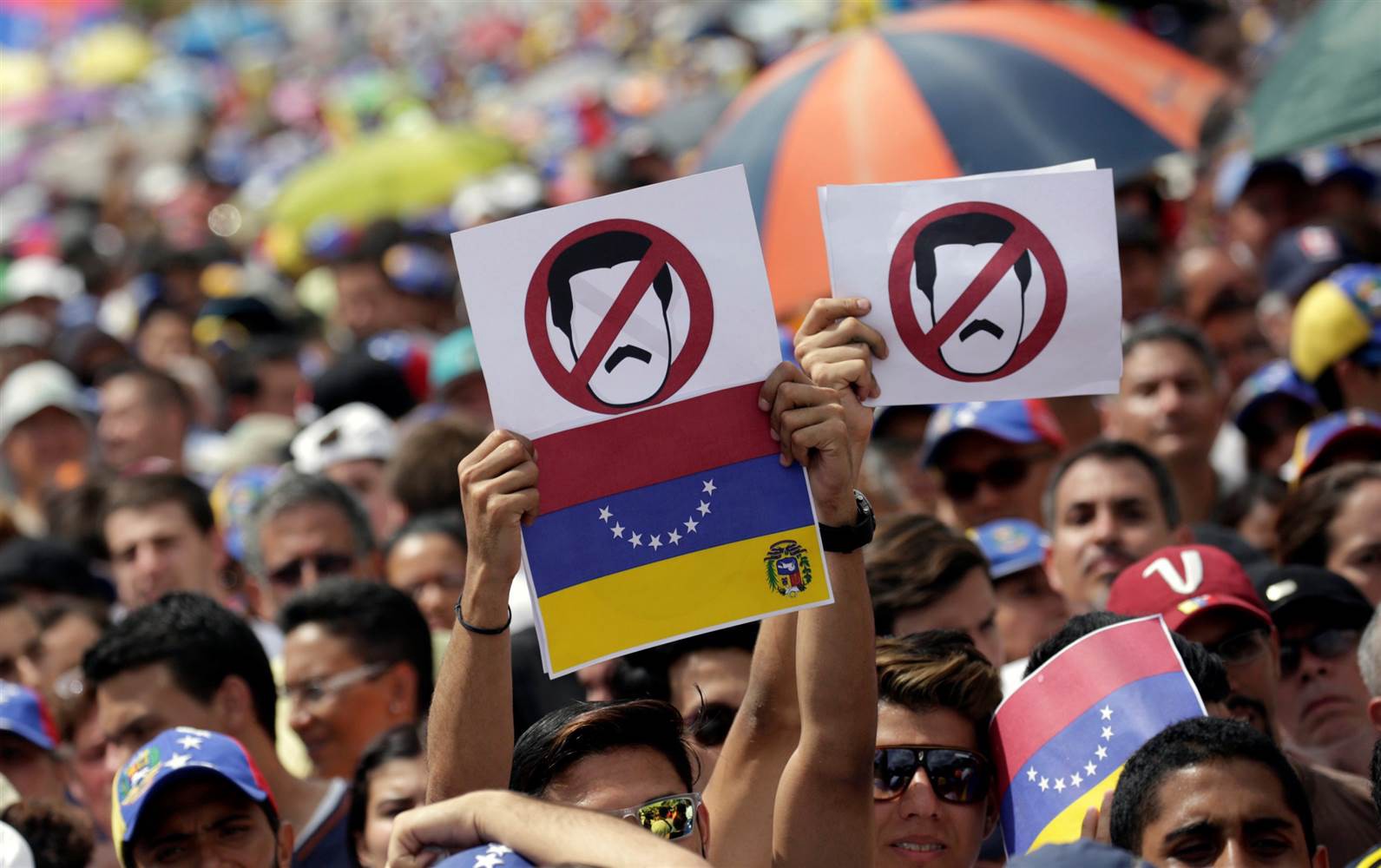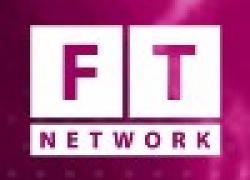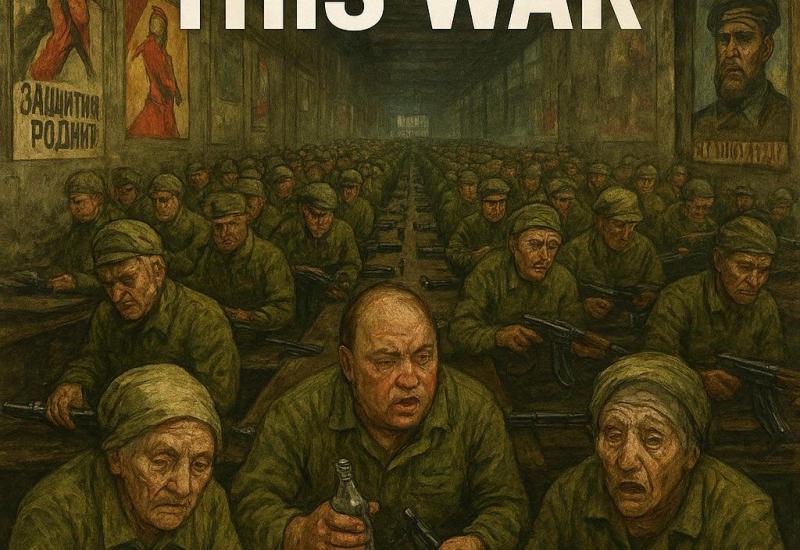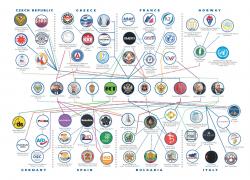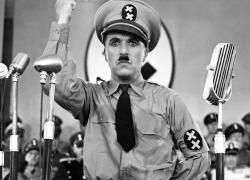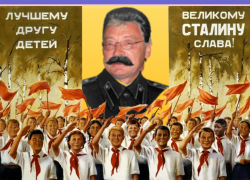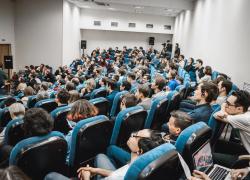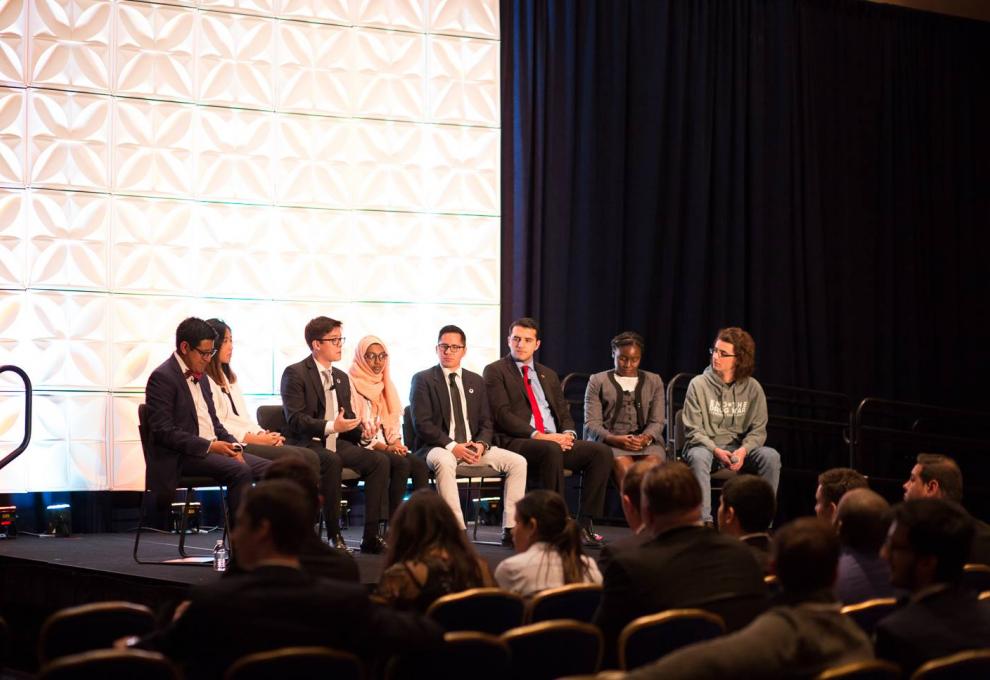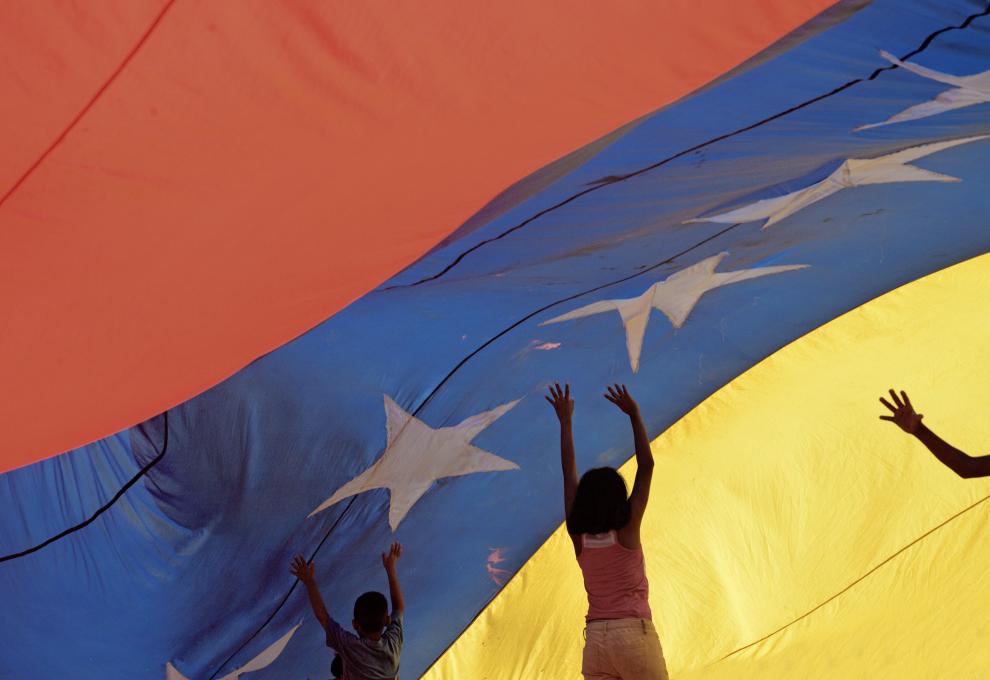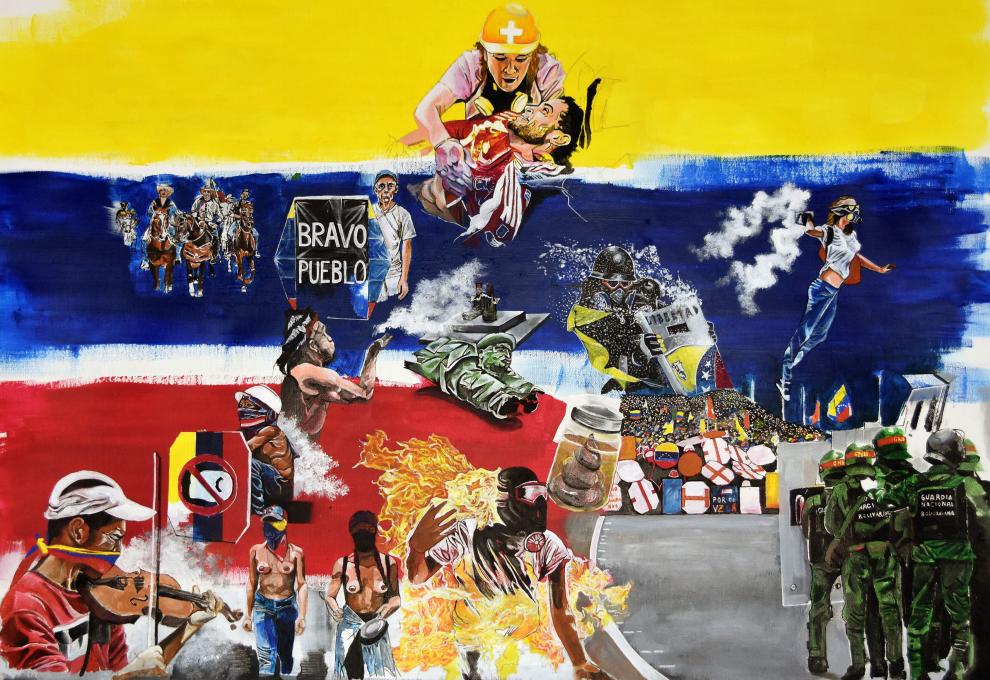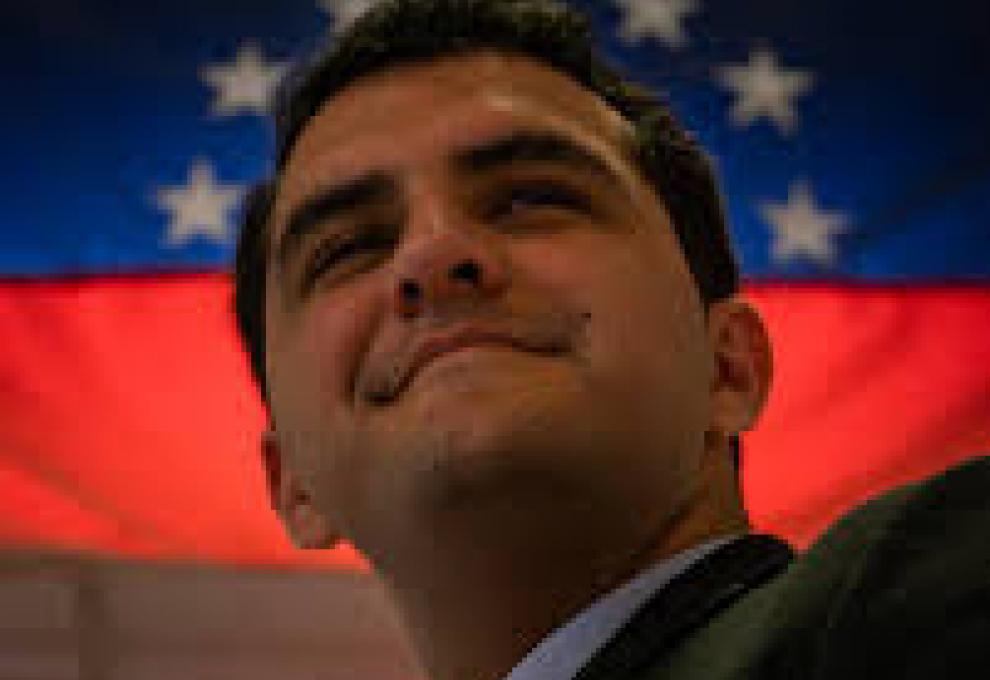What we need to know to understand Venezuela
Analyzing the latest events in Venezuela is a difficult task, since what we have experienced in the last two months is the result of well-known processes, and others that are somewhat hidden, which are not always considered by those who diligently follow this situation. It is even more difficult for people from other countries, who don’t know all the background or don’t manage to assimilate what the headlines mean for someone who is suffering from socialism. That is why, before venturing with any conclusion, it is important to highlight some premises.
In Venezuela, real socialism has been implemented.
Contrary to what some intellectuals and the media have made us believe, socialism is not synonymous with helping the poor, nor with equal opportunities or social welfare. All these are desires that, although they may be considered reasonable or not, end up being common places of many ideologies.
It is worth saying that, in simple words, socialism is the prioritization of collective interests over individual interests, which translates into the appropriation of the means of production by the State to supposedly guarantee the just redistribution of wealth and thus achieve the supreme happiness.
It should be noted that this is exactly what happened in Venezuela since Hugo Chavez took office in 1999. The concept of people and their needs was a priority, to the detriment of individual rights. Progress was made in a process of expropriations and establishment of controls for the economy to direct the market. There arose, in an exacerbated way, an improper State where citizens became a mass dependent on government gifts.
If you don’tot believe me, I invite you to investigate the expropriations, the National Superintendence for the Defense of Socioeconomic Rights (SUNDDE), CONATEL and SUDEBAN. A sample of how the centralized planning of the economy and the life of the people is executed.
All socialism becomes totalitarianism.
Many times, I have argued that advocating socialism is only possible under two influences: ignorance or evilness.
One is ignorant when one believes that wealth is static and that is why it must be taken from the rich to give it to those most in need; when it is believed that in order to overcome poverty, individuals must be conditioned to depend on the goodwill of a government and when it is believed that bureaucrats will be able to make better decisions than individuals voluntarily cooperating. Moreover, when socialism is confused with the Welfare State present in the Nordic countries, which, by the way, are champions of freedom.
One is evil when one has the full awareness that by applying socialism, control over individuals is exercised. Socialism is the perfect system of social domination. It is about imposing the will of the tyrant on the entire population, so that every human act is regulated and conditioned by the directives of the elite in power.
Thus, in Venezuela we experienced a great pilgrimage in favor of social justice, which was quickly defrauded in 2002 with the constant torpedoing of public institutions by Chavez and his followers. The process of control of the economy, the autonomous entities and the armed force happened before the eyes of a citizenship enthralled by the fiction of welfare that was given thanks to the subsidies of petrodollars.
When that fiction began to be diluted, that is, when the distortions that socialism generates begin to worsen and the living conditions of the ordinary citizen are increasingly precarious, a desire for change begins to emerge, which was interrupted and denied by those who hold power.
The totalitarian pretension begins to be evident in 2007 with the closure of RCTV (first television channel in Venezuela), and with the approval of a constitutional amendment in 2009, through special legislative powers attributed to the President, which served to allow the re-election of Chávez in 2012.
During the last years of Chávez's life, gthe dissidence couldn’t be minimized through the construction of a false electoral majority, which had been possible thanks to the control of the electoral body. At that time, the direct threat of a bloodbath was the deterrent to Henrique Capriles recognizing his supposed defeat in the presidential election of October 7th, 2012.
As of 2013, after the death of Chavez and the one denounced as Maduro's rigged victory, all attempts to build an alternative have been annulled at the point of a rifle. The regime does not comply with the laws and there has been no will in the barracks to enforce them.
Samples of the violent control that the regime exerts on the population can be seen in the results of the 2014 protests, the false dialogues between the Maduro regime and the opposition, the cancellation of the powers of the National Assembly in 2016, the annulment of the referendum recall, the results of the protests of 2017 and the unconstitutional establishment of a Constituent Assembly to which all the institutions controlled by Chavismo have subordinated themselves.
It is not a crisis, it is a status quo.
Thanks to the lobby that hundreds of Venezuelans have made in the world, the striking reality of the Venezuelan migrants and displaced people scattered throughout South America, the recurrence of the Venezuela issue in the agenda of senior officials of the Trump administration and, more recently, the deployment of humanitarian aid to Venezuela, the whole world knows that Venezuelans are going through a bad time, but not everyone understands the reason.
What happens here is not a natural disaster or a conjunctural crisis. The Venezuelan political and economic system has been designed so that the population reaches poverty, a state in which total submission to the ruling elite is possible.
In that sense, the fact that people scavenge in the trash to find some food, that newborns die due to the lack of healthy conditions in hospitals and that a large part of the population is living in poverty, is not the product of a temporary crisis, that's the status quo. And those are conditions that can last for decades, it is enough to review the Cuban case.
Power is held by a criminal organization.
Finally, it is necessary to explain the composition of the Venezuelan totalitarian regime. The movement that keeps Nicolas Maduro in power is an unusual mixture of civilians and military, with international logistical support and alliances of irregular transnational groups, mostly linked to Andean and Islamic terrorism.
Those who introduce the ideological component to this movement and fostered the tutelage of the Castro brothers are communist groups, formerly guerrillas, who attacked democracy in the 60’s. The same ones that indoctrinated the military that lent themselves to the staging of the Caracazo in 1989.
Then, the military that opened with coup attempts in 1992, the same ones that made Hugo Chavez their leader since 1994 and founded their political party to win the 1998 elections. They ended up in positions of power that allowed them to build great schemes of corruption, and also sow the weed in an armed force that would generate a military caste complicit in totalitarianism.
In addition, there are the pariahs of all time. Those champions of resentment who are capable of anything to avenge the deaths of their parents or all the shortcomings they had in their youth.
All of them together gave a new meaning to the concept of corporatism. Instead of pressure groups like the unions, they formed small mafias that, taking advantage of the concentration of power that promotes socialism, became owners of fuel distribution chains, food imports and drug trafficking.
Taking this into account, we see that Venezuela has more than 400 thousand square miles of territory, with a façade in the Caribbean Sea close to 1500 miles, which are used to exploit mining and hydrocarbon resources, host terrorist groups and be the center of operations of all types of organized crime.
Therefore, the complexity of the Venezuelan panorama transcends the initiative of correcting the nutritional and medical deficiencies of a vulnerable population. It is essential to act, through any means available, to eliminate the problem at its roots.
Oswaldo Silva
Oswaldo lives in Venezuela & works with the international students organisation Students for Liberty.

